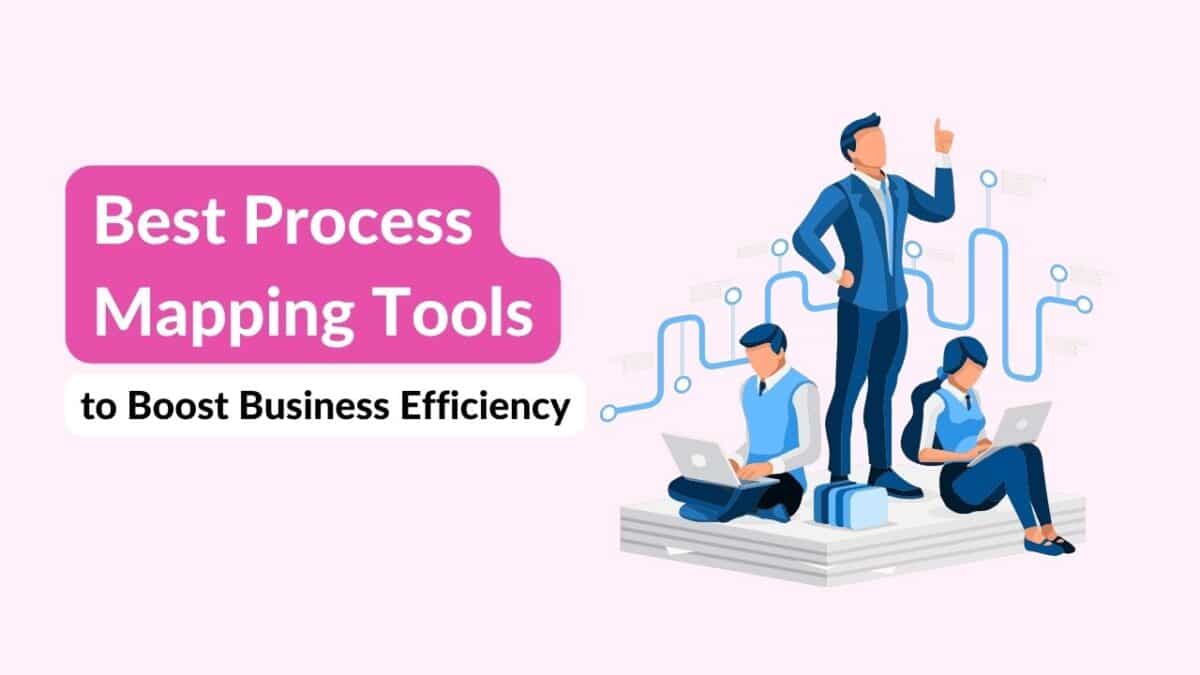360 degree feedback is now a hotshot topic in the HR industry. Globally, most organizations have started instating the process; or are already running it successfully. Given the need for constant streamlining, no amount of information about it is too much at the moment. Here we are, answering a vital question – why do you need to customize your 360 degree feedback Survey Questions according to departments?
While creating the questions for 360 degree feedback or the multirater, it might be less work for the HR department to create a generalized questionnaire and circulate it. But that is not going to fetch you the result you are truly looking for. Each department runs on starkly different skill sets and work ethics.
For example – While in the coding department, attention to detail might be a priority skill required. In the sales department, it will not be the same. It will be the art of communication. So, if you ask the question, “ Rate the employee’s level of attention to detail” to everyone, it is relevant for certain departments, but not for all. It fails to add much value to others.
In such a case, their work schedules, way of handling tasks, way of communication, various such aspects will differ, and the survey will not fetch relevant results. So the best way to tackle this is to create your own 360 competency model, wherein you can pick up the core skills required for each department and then frame the questions around those skill sets. By skill sets, we do not mean only practical competencies. It should also include questions on leadership, ease of collaboration, being a team player, etc.
Tips To Create customized questions for 360 Degree feedback:
- Choose one or multiple established questionnaires
- From these questionnaires, pick a couple of questions that would remain consistent across all departments
- Then, make a list of each department’s core competencies
- Pick the questions that are relevant for each department
- If the questionnaires do not cover certain skill sets and areas, create your own
Competencies Vary As Per Organizational Levels
When employees move up the company ladder, the skills required to succeed in each level change. The same skills that worked perfectly at one level would not get you far once promoted to the next level. So if you are developing a 360 degree feedback questionnaire to evaluate employees of multiple levels, it is necessary to look at the different levels and design the questions. Here are certain areas you can look into:
Team Building and Connectivity
The evaluation of the C-suite and the upper-level employees should include questions on team building, emotional intelligence, relationship building, and connectivity, as it is one of the core competencies required. They are required to connect with different departments for strategic collaborations. For lower-level employees, on the other hand, individual contributors and non-managers, the evaluation should be based on being a team player and supporting team endeavours, interpersonal skills, and so on.
Motivation and Strategy
The people leaders have a big role to play in these areas. It is a part of their role to strategize, set goals around the company vision and mission, and keep their employees motivated. 360 degree feedback questions should cover these competencies. Individual contributors and non-managers should not have any questions in this area. These are not the core competencies for them.
Management of Tasks
There can be lesser questions for the C-suite and the upper-level employees in this area. The leaders would not have become leaders if they were not competent in basic task management when at the lower levels. The individual contributors and non-managers on the other hand, need to be evaluated on their basic skills of task management, reliability, and performance.
Given all the above points, we understand that it can be a challenging task to customize your 360 degree feedback Survey Questions according to different departments and levels. But once you create the framework the first time, it becomes easier from the second time onwards. You would already know the process and the competencies. Editing them to suit the current scenario would not take you much time. Engagedly’s multirater allows for customized 360 degree feedback surveys that can ease out the whole process for you.
Want to implement 360 degree feedback in your organization? Then request for a live demo.
Request A Demo
Kylee Stone
Kylee Stone supports the professional services team as a CX intern and psychology SME. She leverages her innate creativity with extensive background in psychology to support client experience and organizational functions. Kylee is completing her master’s degree in Industrial-Organizational psychology at the University of Missouri Science and Technology emphasizing in Applied workplace psychology and Statistical Methods.





